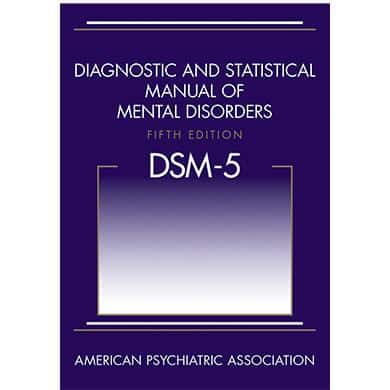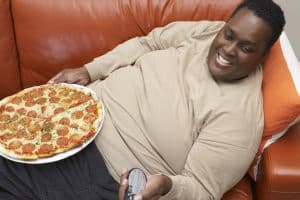I recently received a question by email after one of my posts in which a reader asked for a definition of Binge Eating Disorder (BED).
Binge Eating Disorder
Binge eating disorder is characterized by compulsive overeating in which people consume excessive amounts of food while feeling they are out of control and cannot stop. A compulsion is an irresistible urge to behave in a certain way, especially against one’s conscious wishes. The symptoms of binge eating disorder usually begin in late adolescence or early adulthood, often after a major diet.
Binge-eating disorder is a serious disorder or illness. Sufferers of this eating disorder frequently consume unusually large amounts of food and feel unable to stop eating. Almost everyone overeats on occasion, but this is different than having seconds or thirds during a holiday meal. Binge eaters consume excessive amounts of food and feel out of control. Once it becomes a regular occurrence it crosses the line to binge eating disorder. Sufferers may want to stop and be embarrassed by their intake, but they feel an overwhelming compulsion to eat and cannot stop without help.
Binge Eating Disorder Symptoms and Diagnostic Criteria – DSM-IV lists the diagnostic criteria for binge eating disorder:
- Recurrent episodes of binge eating are characterized by the following:
- Eating, in a discrete period (e.g., within any 2-hour period), an amount of food that is larger than what most people would eat in a similar period under similar circumstances.
- A sense of lack of control over eating during the episode (e.g., a feeling that one cannot stop eating or control what or how much one is eating).
-
The binge-eating episodes are associated with three (or more) of the following:
- Eating is more rapid than normal.
- Eating until you feel uncomfortably full.
- Eating significant amounts of food when do not feel physically hungry.
- Eating alone because of feeling embarrassed by how much one is eating.
- Feeling disgusted with oneself, depressed, or very guilty afterward.
- Marked distress regarding binge eating is present.
- Binge eating occurs, on average, at least once a week for three months.
- Binge eating is not associated with the recurrent use of inappropriate compensatory behaviors (e.g., purging) as in bulimia nervosa and does not occur exclusively during bulimia nervosa or anorexia nervosa.
The bottom line: Most of us binge on occasion, but you can clearly see the difference between an occasional indiscretion and this illness. If you feel you have this illness, seek the assistance of a behavioral or medical professional. This condition is not a disease that you can wish or will away and you will need help.








Be the first to comment on "Question: What is Binge Eating Disorder?"